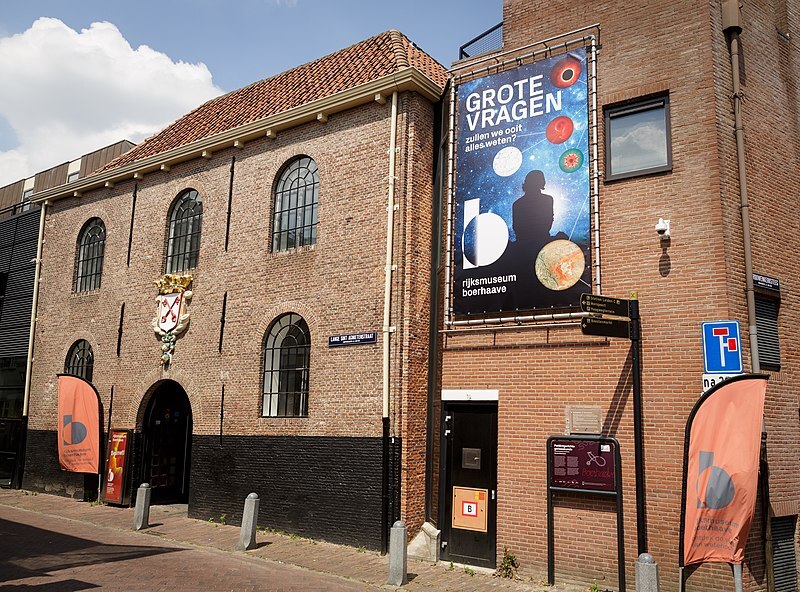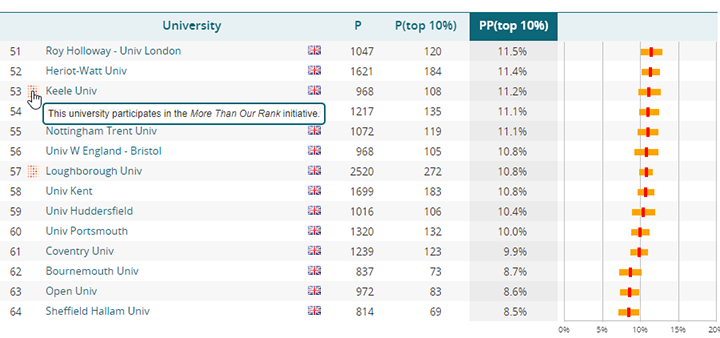
Today’s Scholarly Kitchen blog post is an attempt by David Crotty — the blog’s editor — to quantify the increasing consolidation of the academic publishing industry. Crotty concludes: It’s helpful to have more data on the increasing power that a small number of academic publishers hold.






